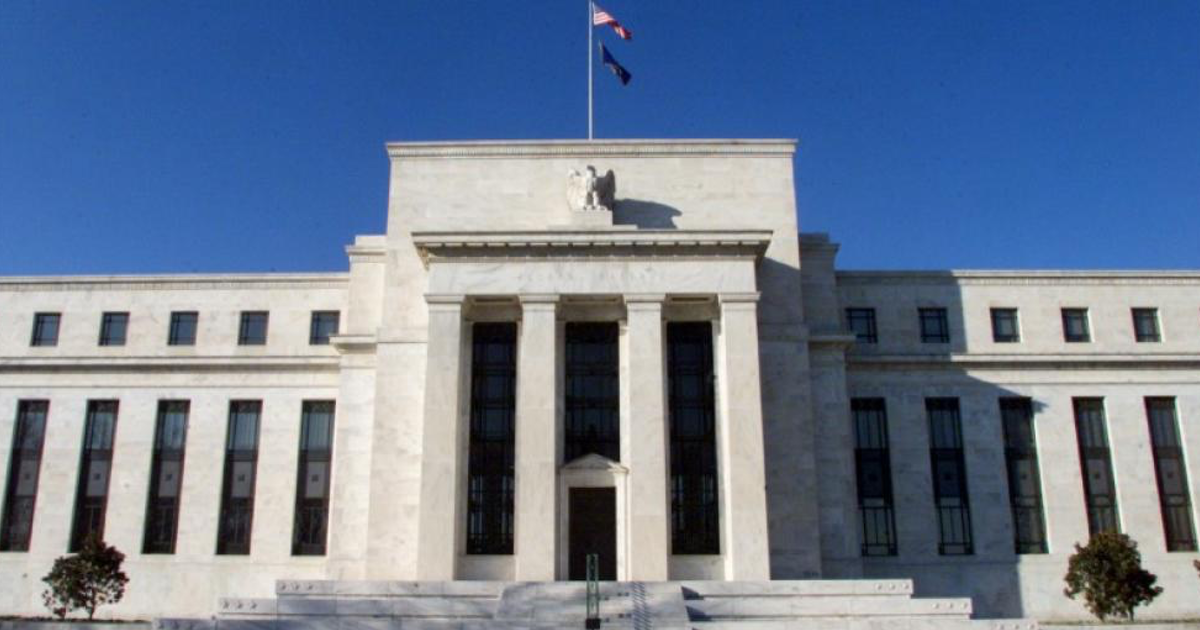|
By Robert P. Murphy
President Donald Trump sparked controversy — as is his wont — when he recently told CNBC that he was “not thrilled” with the Federal Reserve’s announced hikes in short-term interest rates, which he claimed would hinder the economic expansion for which his administration had worked so hard. “I’m letting them [the Fed] do what they feel is best,” he added, but this assurance was not enough to prevent journalists and policy experts from pronouncing Trump’s remarks as unprecedented interference with the central bank’s independence. It may be unusual for a president to openly voice such criticism, but it wouldn’t be the first time one has pressured the Federal Reserve for short-term political gain. In 1965, President Lyndon Johnson considered firing then-Fed Chairman William McChesney Martin, but upon learning this would probably be illegal, he opted instead to dress down the recalcitrant central bank chief at his Texas ranch. By Martin’s later account, a heated argument erupted that resulted in the president shoving him against a wall. According to financial journalist Sebastian Mallaby, as LBJ pushed Martin around the room, he yelled, “Boys are dying in Vietnam, and Bill Martin doesn't care.” Better known is President Richard Nixon’s tape-recorded collaboration with Fed Chairman Arthur Burns, Martin’s replacement, who maintained an easy-money policy to stimulate the economy before the 1972 election, which contributed to Tricky Dick’s landslide victory and fueled price inflation for the rest of the decade. In terms of the resulting capital destruction and economic dislocations, this episode is one of modern U.S. history’s greatest object lessons about the risks of executive power reaching beyond its constitutional authority. For another example showing that Trump’s behavior is nothing new, consider that President George H. W. Bush had a running public dispute with then-Fed Chair Alan Greenspan over monetary accommodation. Bush would later blame “The Maestro” for his 1992 reelection loss. Far from being unthinkable, the idea of government officials manipulating monetary policy for political gain is so intuitive that economists have a name for it: the political business cycle. The classic model was published in 1975 by Yale University economics professor William Nordhaus. For most countries that he analyzed, Nordhaus found no smoking gun proving political interference with the central-bank policymaking, but he concluded that it appeared the United States had a very politicized business cycle. Nordhaus looked at 10 “before and after” election periods covering five U.S. election cycles. For nine of those 10 periods, the unemployment rate matched his model’s prediction: Joblessness fell before the election and rose afterward. This pattern is exactly what one would expect if elected officials exercised discretion over the timing of the economy’s booms and busts. If the economic fluctuations were due to random chance, the probability that they would coincide with the observed pattern would be very small, only slightly above 1 percent. Although intuitive, the simple predictions of a “political business cycle” model didn’t perform as well in the two decades following Nordhaus’ seminal work. One refinement was to assume politicians only lean on the central bank to loosen up before an election if it seemed they would otherwise be likely to lose; an incumbent who was confident of reelection wouldn’t take the risk of goosing the economy for short-term gain but having to paying a political price for it during the next term. (For details, see Kenneth Schultz’s 1995 article in the British Journal of Political Science.) Fortunately, hyper-refined economic models aren’t always necessary for showing that political factors influence central bank policy. Indeed, ordinary narrative history can reveal even scandals of the opposite kind: central banks aggressively asserting their political independence at great cost to the economy. Nicholas Biddle was chief of the Second Bank of the United States — the Fed’s predecessor — who decided to fight moves by President Andrew Jackson to veto the renewal of the bank’s charter and withdraw Treasury deposits from the bank. A champion of hard money, Jackson said the central bank was a political tool that served the monied elites at the expense of ordinary people. .... Read the rest of this article at The Fiscal Times Comments are closed.
|
Archives
July 2024
|


 RSS Feed
RSS Feed



